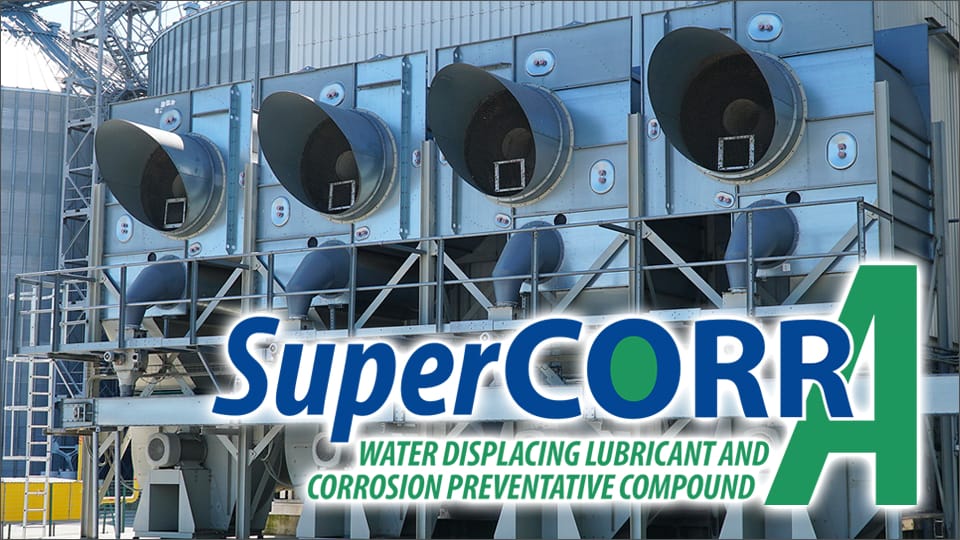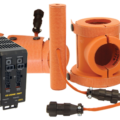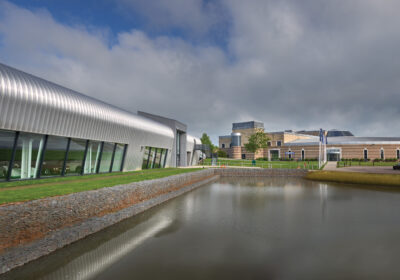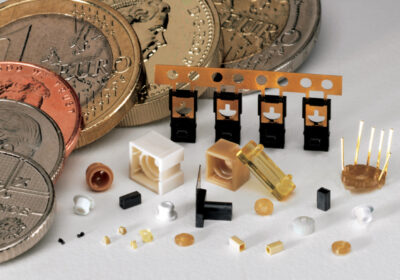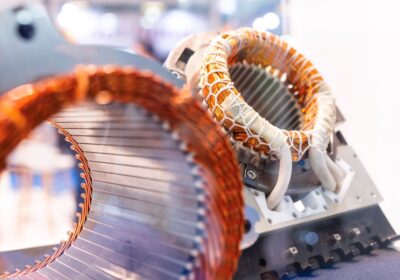Corrosion problems in air conditioning units can be caused by various factors including exposure to harsh environmental conditions like humidity, salt, pollutants, chemicals, and other airborne particles, poor maintenance, manufacturing defects or inferior materials, equipment ageing and general wear. To prevent or minimize corrosion in air conditioning units, regular maintenance, proper installation, timely repairs of leaks, and protection against environmental elements are crucial. This includes routine cleaning, inspections, and addressing any issues promptly to extend the lifespan of the AC unit and ensure its optimal performance. Corrosion protection for air conditioning units can be vital in various situations, here are some important considerations:
Harsh Environments:
In areas near the coast or where the air is laden with salt, the risk of corrosion is higher due to saltwater exposure. Corrosion protection measures, such as coatings or materials designed to resist corrosion, can help extend the lifespan of the air conditioning unit.
High Humidity Environments:
In regions with high humidity levels, the potential for moisture-related corrosion is increased. Protective coatings and treatments can be beneficial in preventing moisture-induced corrosion.
Industrial and Chemical Exposure:
In industrial locations with exposure to corrosive chemicals, protecting air conditioning units from corrosion is important. Acidic or corrosive fumes can deteriorate the unit’s components over time.
Long-Term Maintenance:
Corrosion protection measures can reduce maintenance costs and downtime by preventing or delaying the onset of corrosion-related problems. This is especially important in commercial and industrial applications where HVAC systems are essential for operations.
Extended Equipment Lifespan:
Proper corrosion protection can contribute to the longevity of the air conditioning unit, saving money on replacement costs.
Corrosion Protection
Common methods of corrosion protection for air conditioning units include:
Coatings:
Applying anti-corrosion coatings or paints to the unit’s components to create a barrier.
Galvanized Steel:
Using galvanized steel for components and frames can provide resistance to rust and corrosion.
Regular Maintenance:
Regular cleaning and maintenance to remove corrosive materials like dirt, debris, and salt deposits.
Placement and Enclosure:
Positioning the air conditioning unit in a way that minimizes exposure to harsh elements, or enclosing it in a protective housing, can be effective.
Use of Corrosion-Resistant Materials:
Investing in air conditioning units made from materials that are inherently resistant to corrosion can be a wise choice for long-term durability.
Implementing corrosion protection measures for air conditioning units should be based on specific circumstances and environmental conditions. It is advisable to consult with HVAC professionals or manufacturers for guidance on the best approach to protect your equipment from corrosion.
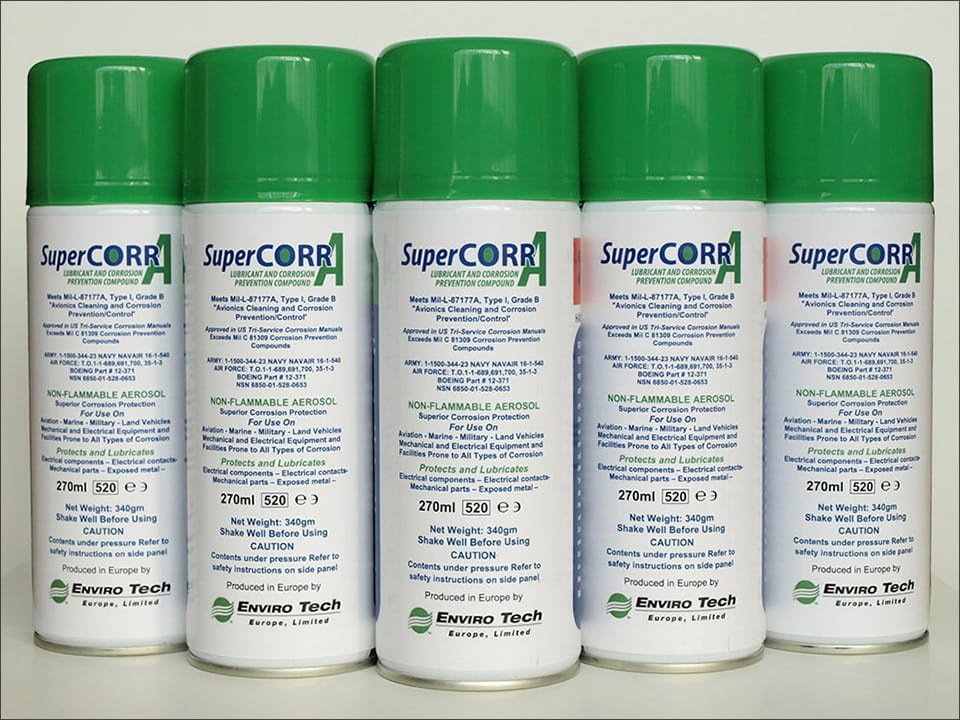 SuperCORR A Specialist Barrier Film Corrosion Protection
SuperCORR A Specialist Barrier Film Corrosion Protection
EnviroTech Europe supplies advanced corrosion protection products, based on approved synthetic materials, to provide quality solutions to a diverse range of lubrication and corrosion problems.SuperCORR A is a unique and proprietary formulation with long-lasting, anti-corrosion inhibitors providing a superior lubrication coefficient and protection against moisture, wear, general and fretting corrosion, static electricity, corona, and other electro migration problems. The non-flammable film is only 7 microns (0.007mm) in thickness, is not a wax or oil-based product and is formulated without sulphates, chlorides, petroleum-based material, or halogens, to meet the EU RoHS directive.
The use of SuperCORR A for corrosion control can not only bring financial savings in reduced maintenance and replacement costs but more importantly greater safety. It is much simpler and a lot less costly to prevent corrosion than to repair or replace the damaged equipment or component that failed because of corrosion.
SuperCORR A is packaged in aerosol cans making access to component parts easy for engineering crews in difficult locations and conditions. Unpainted mild steel will not rust on exterior surfaces directly exposed to sea water environments for at least 6 months, protecting electrical connectors, switches, chains, drive shafts from corrosion while maintaining lubrication on moving surfaces.
EFFICIENT AND ECONOMICAL
- Extremely long-lasting, specially formulated and proprietary anti-corrosive inhibitor.
- Eliminates premature failure of components created by moisture, general or fretting corrosion.
- Prevents deterioration and contamination on all surfaces of electronic and electrical equipment and mechanical close tolerance moving components.
- Reliability increased, maintenance intervals increased and costs reduced, manufacturers save costly warranty service calls or product re-call.
APPROVED
- Industry approval from: NASA, Boeing Aircraft, Bombardier, Embraer, Lear, Gulfstream, Hawker-Beechcraft, Cessna, Raytheon, Polish Airforce, Northrop-Grumman, Royal Navy and Royal Norwegian Air Force.
- Exceeds Mil C 81309 Corrosion Prevention Compounds.
- Approved in US Tri-Service Corrosion Manuals.
FURTHER INFORMATION
Please visit our website https://www.envirotech-europe.com/supercorr-a for information about other uses and applications for SuperCORR A.
For more advice, please telephone us on +44 (0) 20 8281 6370 or use our website contact form. All products are supplied and supported by EnviroTech Europe Ltd. Manufactured in the
United Kingdom and available on short delivery times through our dedicated team of distributors worldwide.

